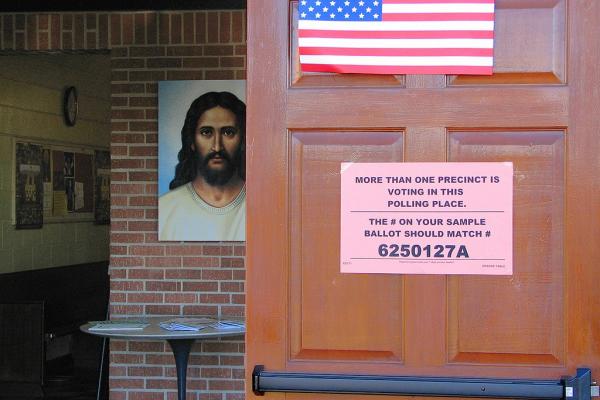Apr 5, 2016
As Christians, our actions and our words represent our faith. I don’t need a bumper sticker to tell you that. Let’s make sure the loudest voices are the ones for equity and transformative love across difference. Because each day as a Christian, you cast your ballot.
I’m a Christian, and each day, I vote.
Read the Full Article

Already a subscriber? Login
